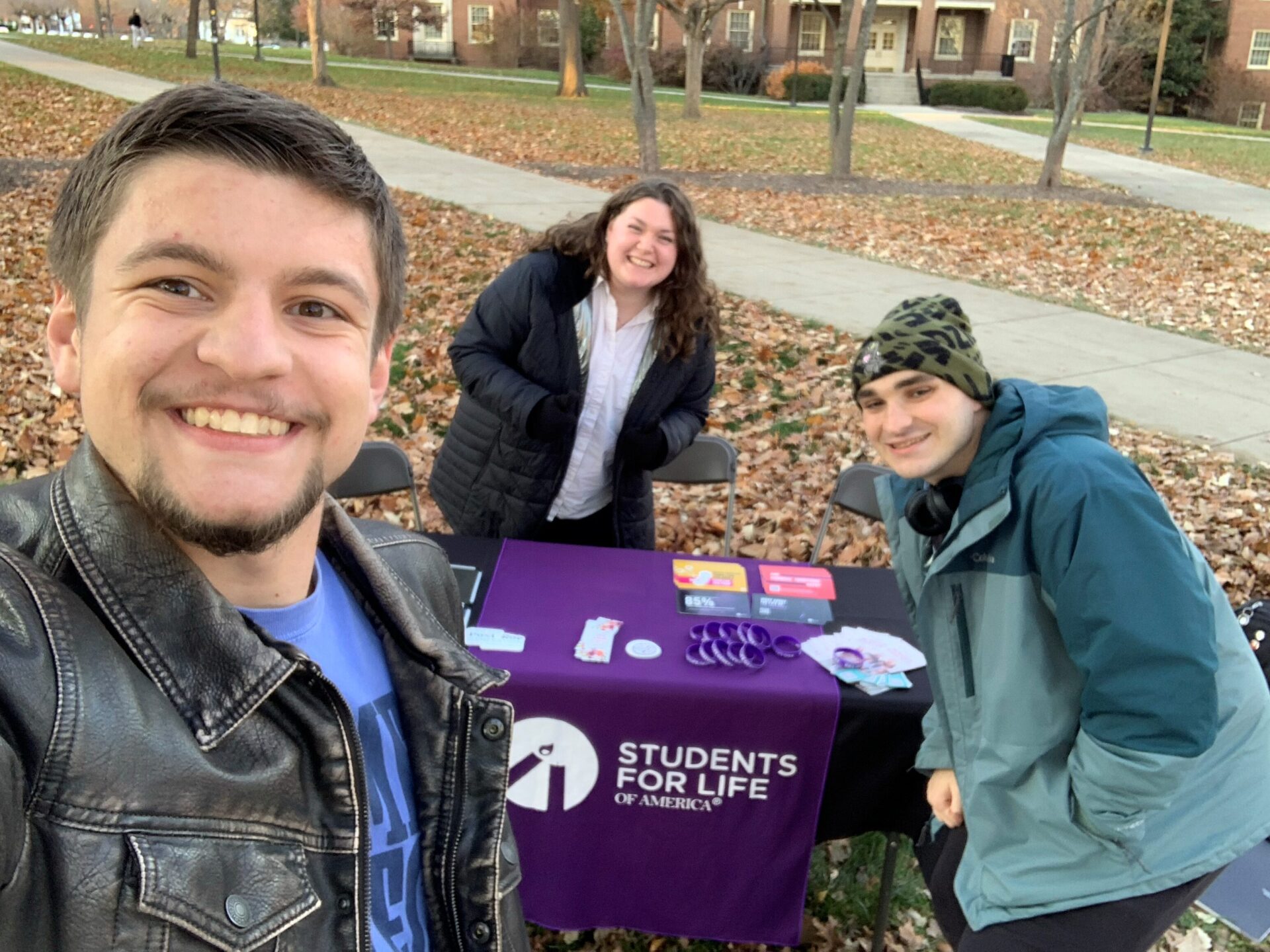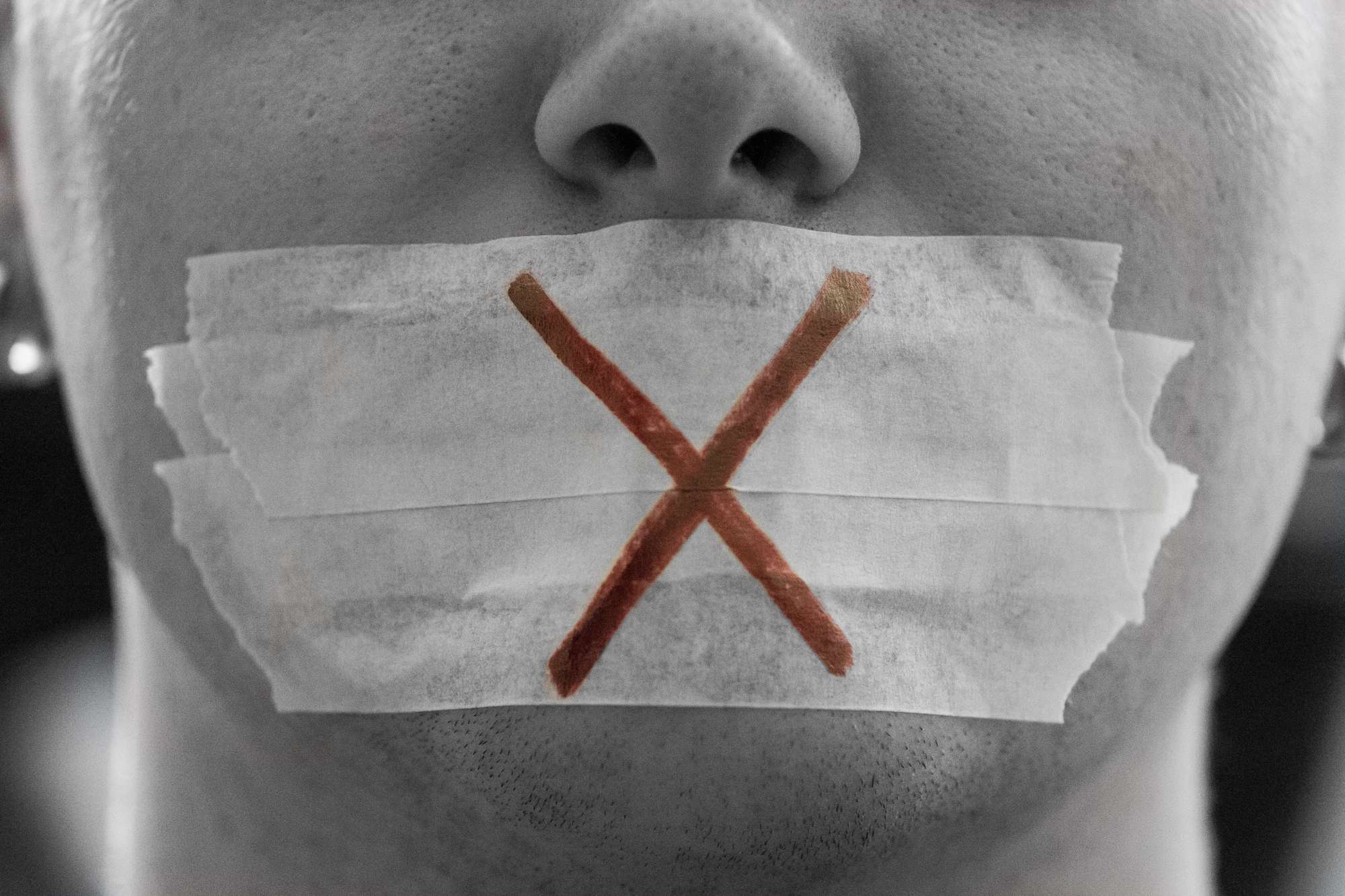
Seasoned pro-life advocates who volunteer for sidewalk counseling outside abortion facilities know there are some very strict laws about where you can stand and how you engage women coming for an abortion. In fact, they’re sometimes so restrictive that they’re later repealed as unconstitutional limitations on the First Amendment. This past week, however, the Supreme Court (SCOTUS) passed up two opportunities to strike down clearly overreaching legislation.
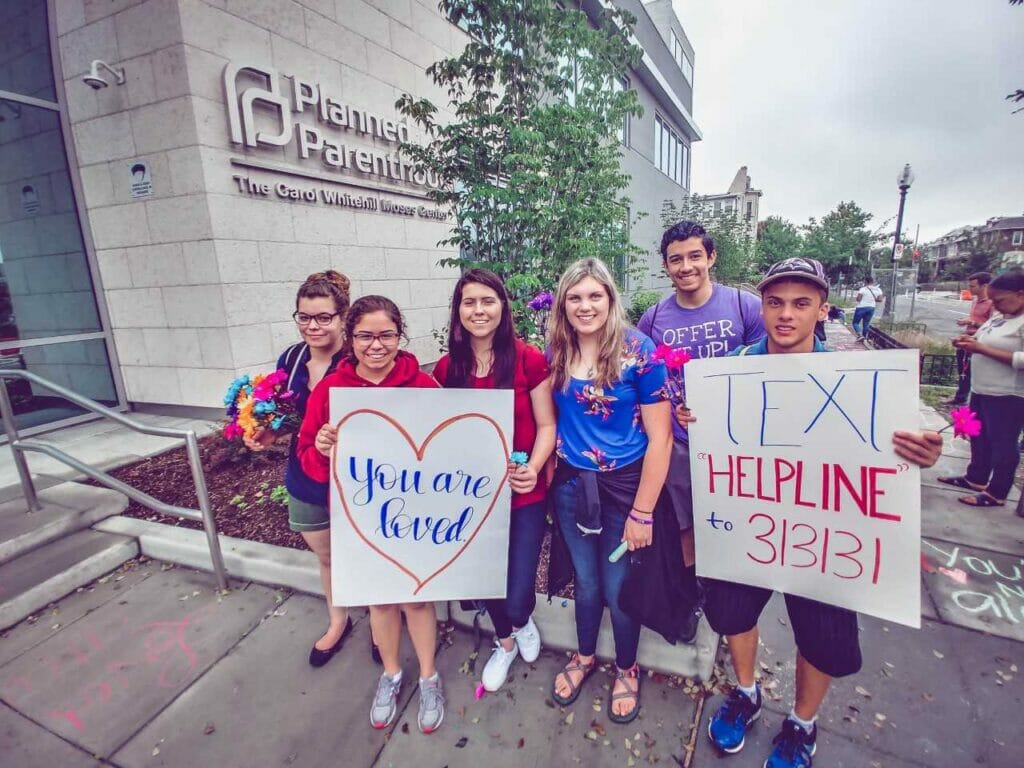
The first case was in Chicago, which mandated no less than a 50-foot radius around abortion facilities, just to come within eight feet of someone walking in. A federal district court upheld the ordinance, citing precedent from a 2000 Supreme Court case in Colorado, CBS News reported. Despite the case being thrown out, conservative SCOTUS Justice Clarence Thomas said he would hear the case.
The second case came from Harrisburg, Pennsylvania, which mandated a 20-foot radius around any abortion facility. A group of pro-life advocates challenging the law were denied in both the federal district court and the 3rd U.S. Circuit Court of Appeals.
These losses can be discouraging, but if even one life can be saved, it’s worth the fight. This year alone, about 20 women have changed their minds on abortion and received the helping hand they needed through interactions with Students for Life including outside abortion facilities.
For example, a young man was distressed after trying to convince his pregnant wife to keep their baby, but wasn’t successful until he was joined in prayer by a student sidewalk counselor. Shortly after, the young couple left the abortion facility, with the mother still carrying their child.
Abortion activists know how powerful these encounters can be and that’s why they’ll do anything to try and stop them. But many lives have been saved from ministry outside abortion facilities and it is a crucial factor in showing women they can be supported and loved. If SCOTUS truly stood for free speech, they wouldn’t allow states to insulate young women from hearing the truth.
Share this post
Recent Posts
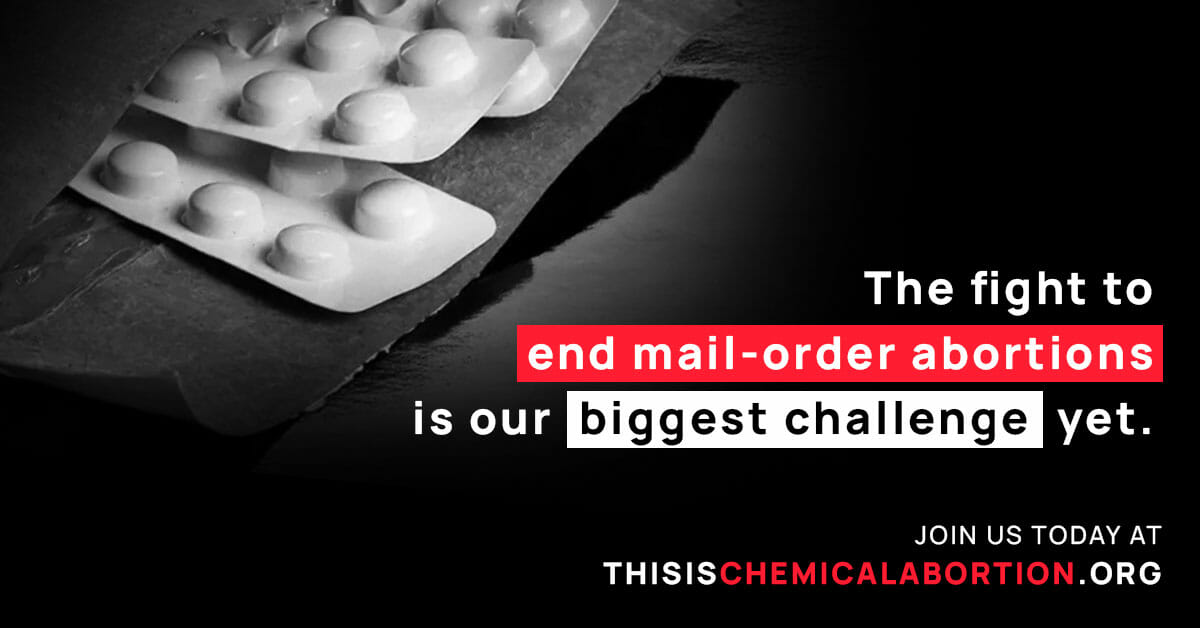
Louisiana Leads Charge Against Chemical Abortion Pill Mailing into Pro-Life States in First Hearing Against FDA
27 Feb 2026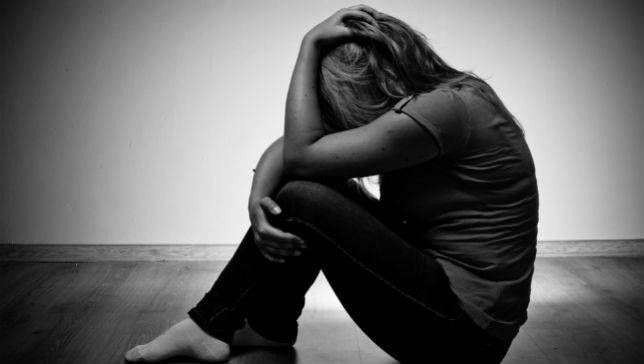
Texas Man’s Story Proves What We Already Knew: Chemical Abortion Is the Abuser’s Best Friend
26 Feb 2026
NEW: Former Abortionist Joins Students for Life Campus Tour to Counter Medical Abortion Myths
24 Feb 2026